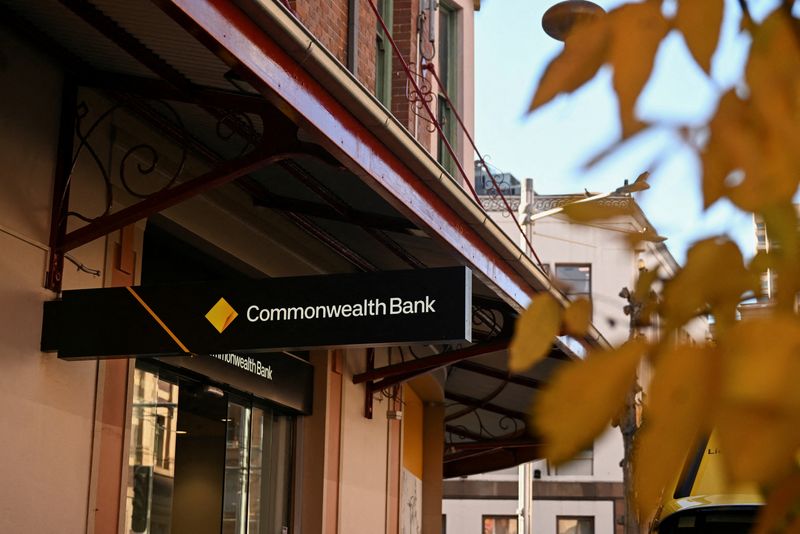(Reuters) -Australia’s prudential regulator is proposing to bar banks from issuing certain hybrid securities to help meet their capital requirements starting in 2027 as retail investors that typically buy them do not understand the risks of these instruments.
The Australian Prudential Regulation Authority (APRA) said on Tuesday it wants banks to replace Additional Tier 1 instruments with more reliable and less expensive forms of capital to improve the effectiveness of bank capital in times of crisis.
The push comes after Switzerland’s financial regulator angered bondholders last year when it wrote down $17.24 billion of Credit Suisse’s Additional Tier 1 capital to zero as part of the bank’s rescue merger with UBS.
Australian banks have around A$40 billion ($26.66 billion)outstanding of Additional Tier 1 capital as of June 2023 according to a discussion paper on APRA’s website.
“This would represent a significant change to a bank’s capital structure,” an Australian Banking Association spokesperson said.
“Banks will now carefully consider the implications of APRA’s proposal, balancing any changes to costs of capital, as well as impacts on capital markets and investors.”
The transition period is due to begin on Jan. 1, 2027 and all hybrids would have to be replaced by 2032.
“We think the largest impact will be on the investor base in hybrid securities, who will have to progressively allocate capital elsewhere,” Citi analysts said, noting that hybrid securities are typically held by retail investors in Australia whereas offshore they are held by institutional investors.
Insurers will be allowed to continue issuing hybrid securities.
“A surprising yet sensible proposal from the banking regulator, which will keep insurance hybrid securities in place,” said Christopher Joye, portfolio manager and chief investment officer at Coolabah Capital.
($1 = 1.5002 Australian dollars)




